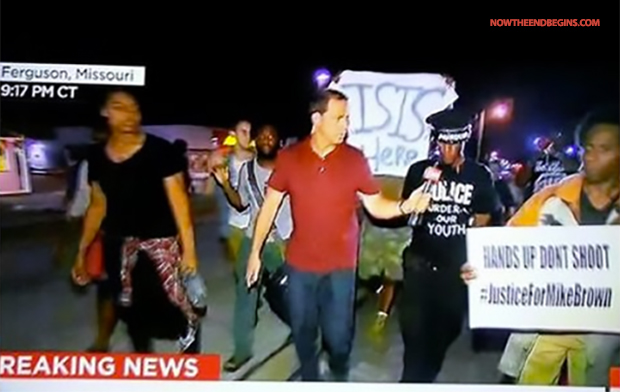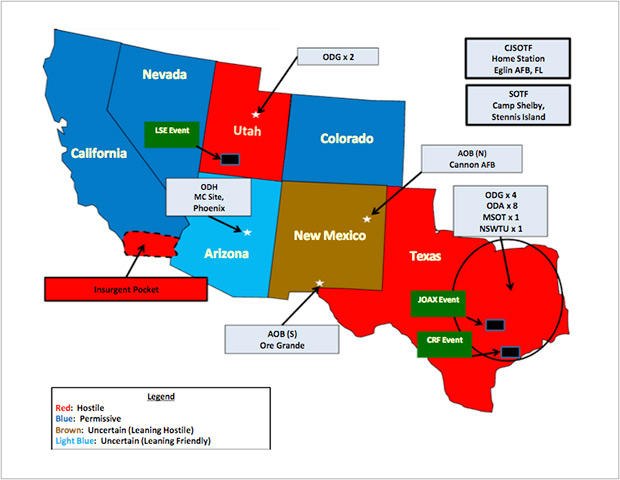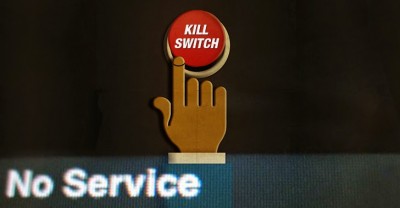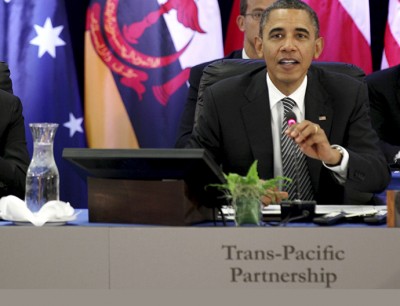To amend the Environmental Research, Development, and
Demonstration Authorization Act of 1978 to provide for Scientific
Advisory Board member qualifications, public participation, and for
other purposes.
Be it enacted by the Senate and House of Representatives of the United States of America in Congress assembled,
This Act may be cited as the “EPA Science Advisory Board Reform Act of 2014”.
SEC. 2. Science Advisory Board.
(a)
Independent advice.—Section 8(a) of the Environmental Research, Development, and Demonstration Authorization Act of 1978 (
42 U.S.C. 4365(a)) is amended by inserting “independently” after “Advisory Board which shall”.
(b)
Membership.—Section 8(b) of the Environmental Research, Development, and Demonstration Authorization Act of 1978 (
42 U.S.C. 4365(b)) is amended to read as follows:
“(b)
(1)
The Board shall be composed of at least nine members, one of whom shall
be designated Chairman, and shall meet at such times and places as may
be designated by the Chairman.
“(2) Each member of the Board shall be qualified by education,
training, and experience to evaluate scientific and technical
information on matters referred to the Board under this section. The
Administrator shall ensure that—
“(A) the scientific and technical points of view represented on
and the functions to be performed by the Board are fairly balanced among
the members of the Board;
“(B) at least ten percent of the membership of the Board are from State, local, or tribal governments;
“(C) persons with substantial and relevant expertise are not
excluded from the Board due to affiliation with or representation of
entities that may have a potential interest in the Board’s advisory
activities, so long as that interest is fully disclosed to the
Administrator and the public and appointment to the Board complies with
section 208 of title 18, United States Code;
“(D) in the case of a Board advisory activity on a particular
matter involving a specific party, no Board member having an interest in
the specific party shall participate in that activity;
“(E) Board members may not participate in advisory activities
that directly or indirectly involve review or evaluation of their own
work;
“(F) Board members shall be designated as special Government employees; and
“(G) no federally registered lobbyist is appointed to the Board.
“(3) The Administrator shall—
“(A) solicit public nominations for the Board by publishing a notification in the Federal Register;
“(B) solicit nominations from relevant Federal agencies,
including the Departments of Agriculture, Defense, Energy, the Interior,
and Health and Human Services;
“(C) make public the list of nominees, including the identity of
the entities that nominated each, and shall accept public comment on
the nominees;
“(D) require that, upon their provisional nomination, nominees
shall file a written report disclosing financial relationships and
interests, including Environmental Protection Agency grants, contracts,
cooperative agreements, or other financial assistance, that are relevant
to the Board’s advisory activities for the three-year period prior to
the date of their nomination, and relevant professional activities and
public statements for the five-year period prior to the date of their
nomination; and
“(E) make such reports public, with the exception of specific
dollar amounts, for each member of the Board upon such member’s
selection.
“(4) Disclosure of relevant professional activities under
paragraph (3)(D) shall include all representational work, expert
testimony, and contract work as well as identifying the party for which
the work was done.
“(5) Except when specifically prohibited by law, the Agency
shall make all conflict of interest waivers granted to members of the
Board, member committees, or investigative panels publicly available.
“(6) Any recusal agreement made by a member of the Board, a
member committee, or an investigative panel, or any recusal known to the
Agency that occurs during the course of a meeting or other work of the
Board, member committee, or investigative panel shall promptly be made
public by the Administrator.
“(7) The terms of the members of the Board shall be three years
and shall be staggered so that the terms of no more than one-third of
the total membership of the Board shall expire within a single fiscal
year. No member shall serve more than two terms over a ten-year
period.”.
(A) by inserting “or draft risk or hazard assessment,” after “at the time any proposed”;
(B) by striking “formal”; and
(C) by inserting “or draft risk or hazard assessment,” after “to the Board such proposed”; and
(A) by inserting “or draft risk or hazard assessment,” after “the scientific and technical basis of the proposed”; and
(B) by adding at the end the following: “The Board’s advice and
comments, including dissenting views of Board members, and the response
of the Administrator shall be included in the record with respect to any
proposed risk or hazard assessment, criteria document, standard,
limitation, or regulation and published in the Federal Register.”.
(d)
Member committees and investigative panels.—Section 8(e)(1)(A) of such Act (
42 U.S.C. 4365(e)(1)(A)) is amended by adding at the end the following: “These member committees and investigative panels—
“(i) shall be constituted and operate in accordance with the
provisions set forth in paragraphs (2) and (3) of subsection (b), in
subsection (h), and in subsection (i);
“(ii) do not have authority to make decisions on behalf of the Board; and
“(iii) may not report directly to the Environmental Protection Agency.”.
(e)
Public participation.—Section 8 of such Act (
42 U.S.C. 4365) is amended by amending subsection (h) to read as follows:
“(h)
(1)
To facilitate public participation in the advisory activities of the
Board, the Administrator and the Board shall make public all reports and
relevant scientific information and shall provide materials to the
public at the same time as received by members of the Board.
“(2) Prior to conducting major advisory activities, the Board
shall hold a public information-gathering session to discuss the state
of the science related to the advisory activity.
“(3) Prior to convening a member committee or investigative
panel under subsection (e) or requesting scientific advice from the
Board, the Administrator shall accept, consider, and address public
comments on questions to be asked of the Board. The Board, member
committees, and investigative panels shall accept, consider, and address
public comments on such questions and shall not accept a question that
unduly narrows the scope of an advisory activity.
“(4) The Administrator and the Board shall encourage public
comments, including oral comments and discussion during the proceedings,
that shall not be limited by an insufficient or arbitrary time
restriction. Public comments shall be provided to the Board when
received. The Board’s reports shall include written responses to
significant comments offered by members of the public to the Board.
“(5) Following Board meetings, the public shall be given 15
calendar days to provide additional comments for consideration by the
Board.”.
(f)
Operations.—Section 8 of such Act (
42 U.S.C. 4365) is further amended by amending subsection (i) to read as follows:
“(i)
(1)
In carrying out its advisory activities, the Board shall strive to
avoid making policy determinations or recommendations, and, in the event
the Board feels compelled to offer policy advice, shall explicitly
distinguish between scientific determinations and policy advice.
“(2) The Board shall clearly communicate uncertainties
associated with the scientific advice provided to the Administrator or
Congress.
“(3) The Board shall ensure that advice and comments reflect the
views of the members and shall encourage dissenting members to make
their views known to the public, the Administrator, and Congress.
“(4) The Board shall conduct periodic reviews to ensure that its
advisory activities are addressing the most important scientific issues
affecting the Environmental Protection Agency.
“(5) The Board shall be fully and timely responsive to Congress.”.
SEC. 3. Relation to the Federal Advisory Committee Act.
Nothing in this Act or the amendments made by this Act shall
be construed as supplanting the requirements of the Federal Advisory
Committee Act (5 U.S.C. App.).
SEC. 4. Relation to the Ethics in Government Act of 1978.
Nothing in this Act or the amendments made by this Act shall
be construed as supplanting the requirements of the Ethics in Government
Act of 1978 (5 U.S.C. App.).













